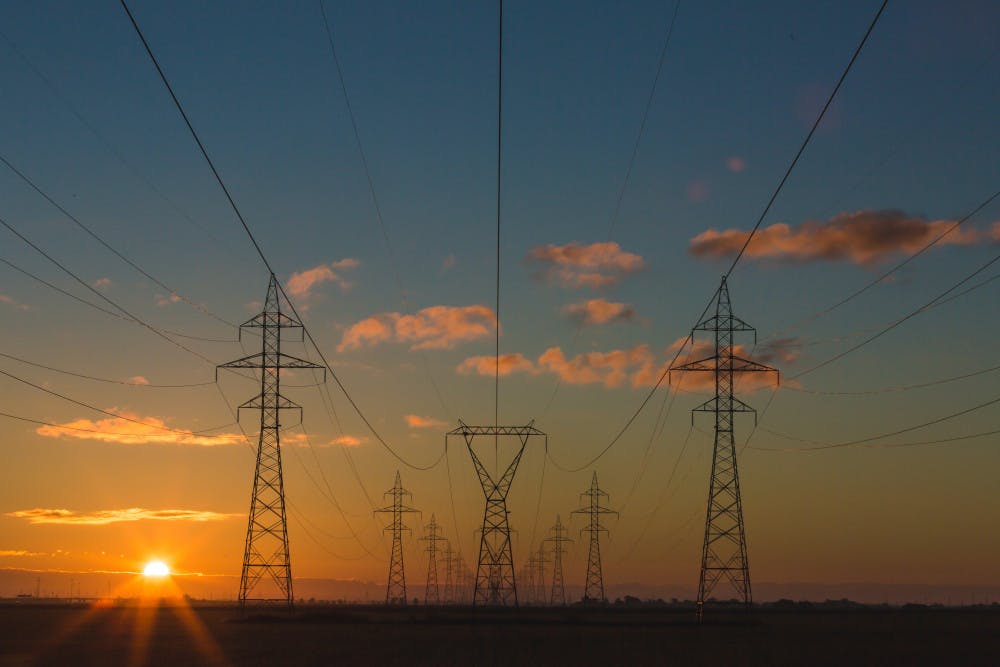By: Brandi Young
Winter storm Uri has swept across the country affecting people and states from coast to coast. In Ohio, the biggest inconvenience was a delay with clearing the roads. But oddly enough, this storm also hit Texas, which typically experiences an arid climate with very mild winters. Texas normally averages 50 degrees Fahrenheit in the winter months; with the storm, Texans experienced snow for the first time in many years. Because of this unlikely circumstance, Texas was completely unprepared for what was to come.
This snow storm exposed a huge flaw in the Texas power grid; it operates completely independent from the rest of the country. Unfortunately, when this power grid failed, there weren't any backup measures available because these power providers aren't required to ensure operation under extreme conditions. Many Texans were suddenly left with no electricity and had no idea how they were going to heat their homes in these unprecedented times.
Many Texans were without power for days due to the insufficiency of their energy sources. Power plants and turbines in Texas are not made to work in below freezing temperatures, so when people cranked the heat up in their homes, the demand for natural gas added to the existing shortage problem at the power plants that run on this resource. To combat high gas prices, owners of these plants decided to go offline until they could continue to make a profit.
People were starving, freezing, and dehydrating in the streets because of the lack of preparedness in Texas. As his state was left without power or cell phone service, Governor Greg Abbot told people to Google things instead of looking to his office for advice and help on what to do.
Winter storm Uri is one of many natural disasters that will befall us if we do not make a change in our lifestyles. With climate change continuously becoming a more pressing issue, we will need to prepare for the most unlikely and extreme events. Preparation for these things can reduce the amount of lives lost and destruction done as we move forward in our fight against climate change.
Photo courtesy of Unsplash.




